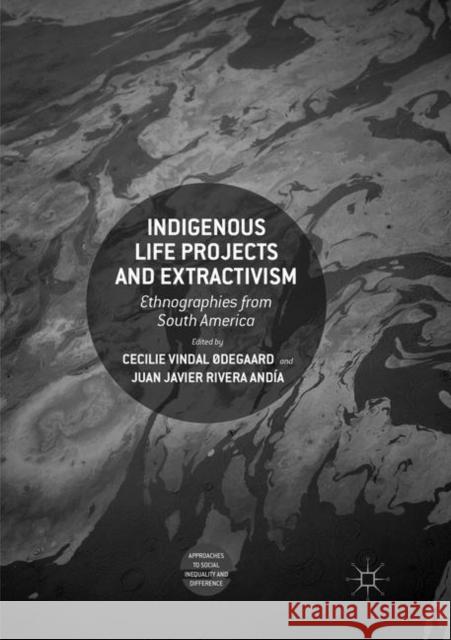Indigenous Life Projects and Extractivism: Ethnographies from South America » książka
topmenu
Indigenous Life Projects and Extractivism: Ethnographies from South America
ISBN-13: 9783030066604 / Angielski / Miękka / 2019 / 282 str.
Kategorie:
Kategorie BISAC:
Wydawca:
Palgrave MacMillan
Seria wydawnicza:
Język:
Angielski
ISBN-13:
9783030066604
Rok wydania:
2019
Wydanie:
Softcover Repri
Numer serii:
000799171
Ilość stron:
282
Waga:
0.37 kg
Wymiary:
21.01 x 14.81 x 1.65
Oprawa:
Miękka
Wolumenów:
01
Dodatkowe informacje:
Wydanie ilustrowane











